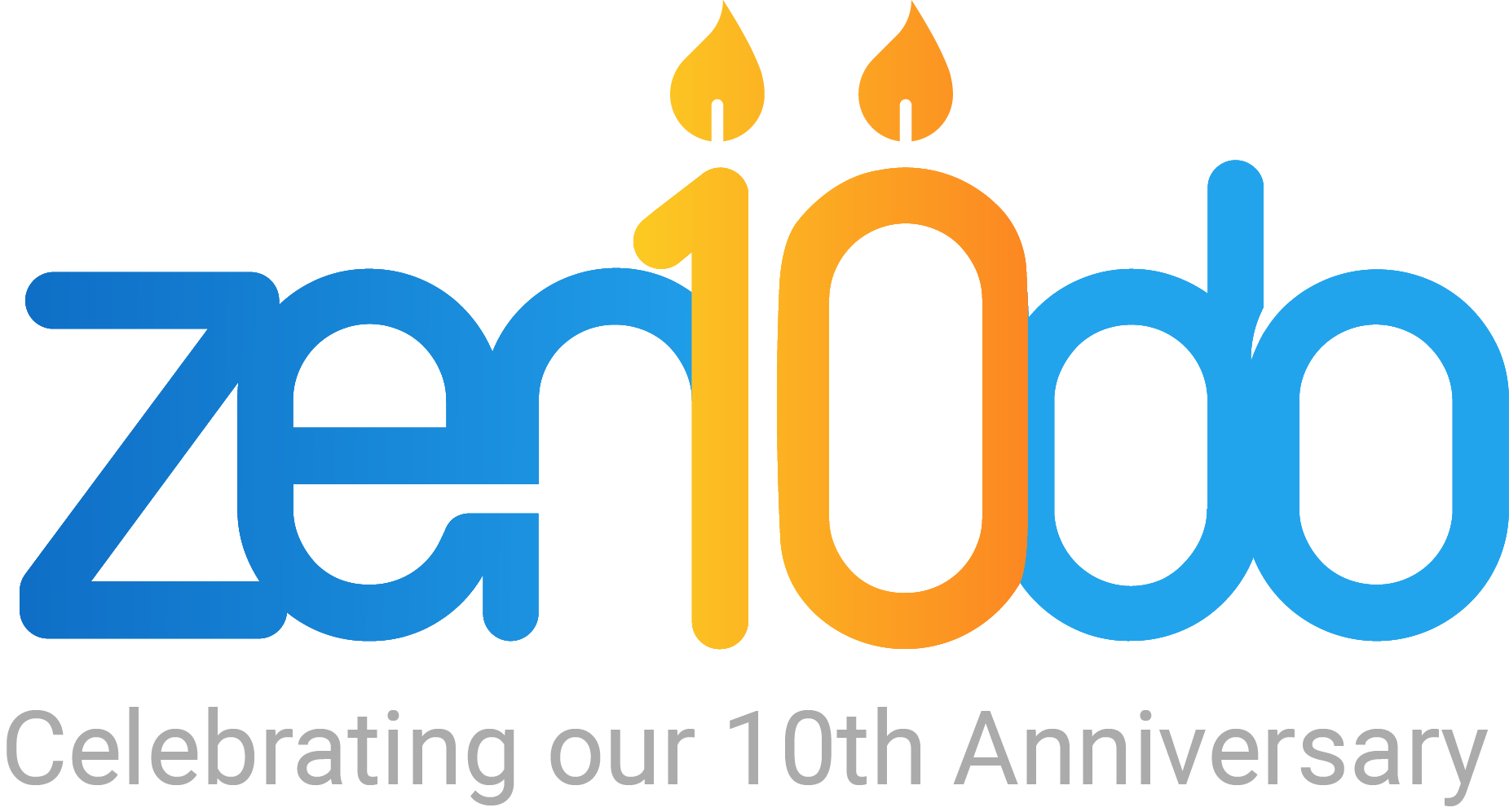The General Secretariat of Information Systems for Public Administration of the Ministry of Digital Governance of Greece
Location: Athens, Greece
Description:
Demo 5 is located in Athens (Central Greece) with a subtropical Mediterranean climate. The main characteristic of climate of Athens is the alternation of long hot and dry summers and mild wet winters.
The General Secretariat of Information Systems for Public Administration (G.S.I.S.P.A.), of the Ministry of Digital Governance, is a strong technological pillar with the mission of optimal utilization of Information and Communication Technologies (ICT) in the Public Administration, with the aim of the digital transformation of the State and the provision of secure and efficient electronic services to citizens and businesses.
The headquarters of the Service is in Chandri street 1, in Moscato Attica (close to the city centre of Athens) and is housed in a building of special specifications, consisting of two basements and five floors. The total area of the building is approximately 30,000 m². Mainly, used for commercial purposes (offices). It occupies approximately 930 people who work daily in the building with opening hours from 07:00 to 20:00.
 |  |
The composition of the building is mainly cement, but inside the building, there are some gypsum boards (space divisions) and ceiling panels. It was built for industrial use, but in 1995-1999, it was reconstructed into an office space.
The current energy source of situation is the electric power supply, the oil is used only for heating purposes and the operation of the stand-by generators.
The basic electromechanical equipment of the building consists of:
· Cooling System: Air Cooled Chillers, FCU's and VRV's.
· Heating system: Oil burners – Boilers.
· Ventilation System: Central Air Conditioning Units.
· Uninterrupted power supply: Diesel Generators.
· Monitoring-management of electromechanical equipment: BMS.
Public buildings’ energy bills have not improved despite several efforts from EU to impose Energy Efficiency practices. This is due to important barriers which apply especially for public buildings, mostly related to:
a) lack of expertise that leads to blind energy consumption (electricity, heating/cooling),
b) lack of time and interest of public sector building owners and public sector employees to take actions for energy savings at their working environment,
c) lack of incentives to take actions for reducing the energy bill they do not really pay,
d) hesitation to introduce smart metering devices due to issues related to costs, maintenance and unknown contribution to energy efficient action.
The Greek Government's special plan envisages an immediate reduction in consumption by 10 % in 2022, with a target of 30 % in 2030 for public buildings and the application of a digital system for monitoring energy consumption.
The suggested applications aim at: better monitoring of “building behavior” (digitalization) and energy optimization (15 % estimated energy consumption decrease), better indoor environmental conditions, CO2 emissions reduction, wasted energy minimization and savings creation.
Target Groups:
The main target group of the building is its daily users (employees). Owners and users’ contribution are mandatory so they should be well informed for the benefits not only for them (financial, better indoor conditions, better monitoring, immediate corrections) but also for the environment. For that reason, we have to attract them with a proposal in which they will feel familiar and safe. Analytically, they should:
· learn the benefits of the application of the new technologies not only the financial but also the environmental,
· learn and follow the procedure for the optimization of the building performance and to be ensured that those systems contribute also to their well- being,
· be motivated to be involved in the building performance improvements activities and to change their daily routine,
· be informed for their social responsibility.

